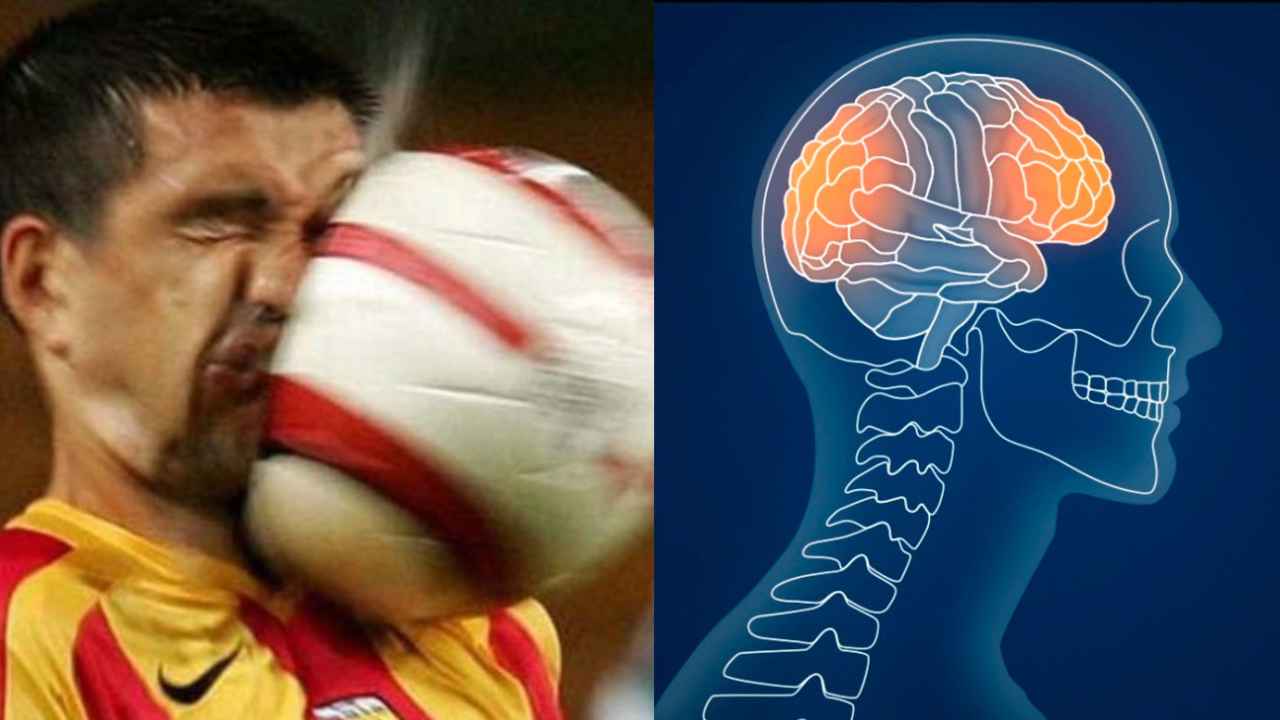Traumatic Head Injuries in Youth will Affect Memory Loss and Thinking Even After Decades
Scientists from Duke University have discovered a connection between concussions experienced in early adulthood and cognitive decline in later life.By examining thousands of pairs of identical twins, they found that traumatic brain injuries in youth linked to lower scores in memory and thinking abilities, along with a faster cognitive decline that occurred decades after the initial injury. The study was published in the medical journal Neurology by the American Academy of Neurology in September. This allowed the researchers to consider shared early-life factors like home environment, nutrition, and education quality. New Study Published in @GreenJournal: #Concussions Early in Life Tied to Late Life Cognitive Decline. https://t.co/iGjt0DAuMg#Neurology #AANscience #ProtectYourBrain pic.twitter.com/fFLE2Pp63V — American Academy of Neurology (@AANmember) September 6, 2023 “We found that among identical twin pairs…
Scientists from Duke University have discovered a connection between concussions experienced in early adulthood and cognitive decline in later life.
By examining thousands of pairs of identical twins, they found that traumatic brain injuries in youth linked to lower scores in memory and thinking abilities, along with a faster cognitive decline that occurred decades after the initial injury.
The study was published in the medical journal Neurology by the American Academy of Neurology in September. This allowed the researchers to consider shared early-life factors like home environment, nutrition, and education quality.
New Study Published in @GreenJournal: #Concussions Early in Life Tied to Late Life Cognitive Decline. https://t.co/iGjt0DAuMg#Neurology #AANscience #ProtectYourBrain pic.twitter.com/fFLE2Pp63V
— American Academy of Neurology (@AANmember) September 6, 2023
“We found that among identical twin pairs where one had a traumatic brain injury and the other did not, the twin with the injury scored lower in cognitive tests. Moreover, men who experienced traumatic brain injuries after the age of 25 displayed more pronounced cognitive decline in their later years compared to their uninjured twin.”
Marianne Chanti-Ketterl, the study’s author
The study involved 8,662 World War II veterans. A quarter of them have suffered a concussion at some point in their lives. They took cognitive tests initially at an average age of 67. And later up to three more times over the following 12 years.
Results showed that twins who experienced brain injuries involving loss of consciousness, multiple injuries, or injuries after the age of 24 were more likely to experience faster cognitive decline compared to their uninjured counterparts. Even after accounting for other factors like high blood pressure, alcohol use, smoking, and education. The link between traumatic brain injuries and cognitive decline remained significant.
Chanti-Ketterl emphasized the importance of seeking evaluation. And treatment from clinicians with expertise in traumatic brain injuries following such an injury. Additionally, she recommended adopting brain-healthy habits, such as maintaining good nutrition, physical activity, and sleep patterns.
Considering that traumatic brain injuries are not entirely preventable, Chanti-Ketterl stressed the necessity of researching ways to minimize their long-term negative effects, including cognitive decline and dementia.
Also read:






